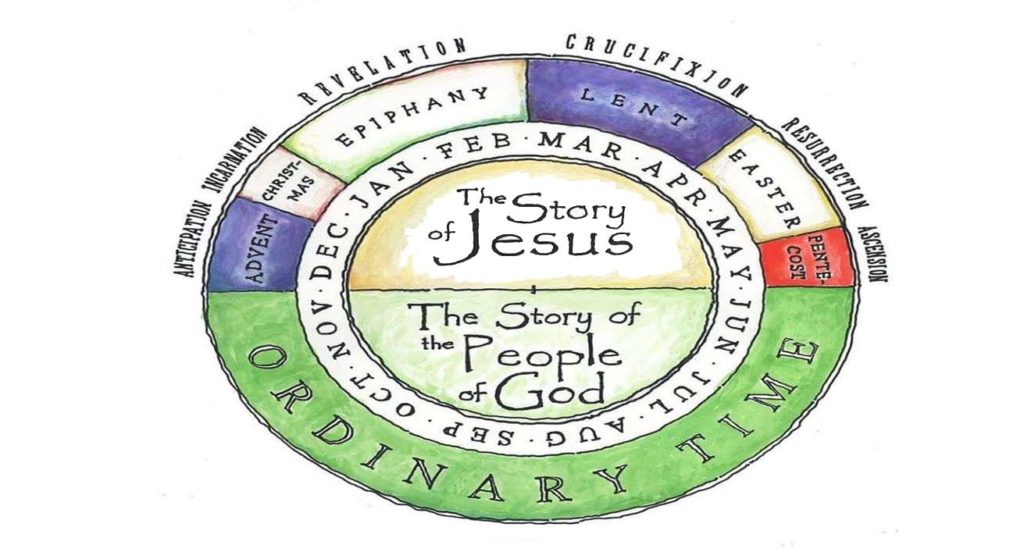
“Jesus told his disciples a parable,
‘Can a blind person guide a blind person? Will not both fall into a pit? . . . A good tree does not bear rotten fruit. . . . A good person out of the store of goodness in his heart produces good.’” Luke 6:39-45
May our Lent be a period of repentance and spiritual renewal through traditional practices of prayer, fasting and almsgiving.
- Prayer (listening to the constant whisper of God’s love),
- Fasting (moderating our indulgence in what feeds our bodies and minds) and
- Almsgiving (sharing our resources with others, to show our dependence on God).
+++++
LITURGICAL YEAR: GIFT FROM THE FATHERS AND MOTHERS OF THE CHURCH How fortunate are we to have had so many good disciples, throughout the 2,000 year history of the Church – even until now! For, from the time that Jesus left the Church in our human hand, in the midst of all the foibles of the humanity within and outside the Church, they were able to provide us with the Spiritual tools to live in the 21st century and have our lives touched by and drawn into an awareness of God’s presence among us – something just as real today as it was to those first century disciples who “felt” God’s presence as they walked with and talked to Jesus. One of the greatest gifts that our Church Fathers and Mothers have given us is the liturgical year through which we savor the Scriptures and the events in the life of Jesus, and let them speak to us as we listen from the perspective where we are now vs. what we were the last time we heard these same readings. We see who we are becoming. We see what we have lost, what we have gained, how we and what is meaningful to us have changed and are still changing. LENTEN TOOLS: PRAYER, FASTING AND ALMSGIVING Fr. Tim’s description of these three tools of Lent made me realize for the first time that they mirror the three vows I profess: chastity, obedience and poverty. Those traditional names of the vows express what I give up and what any true disciple of Jesus, every one of us, also should be giving up: inordinate quests after pleasure, power and personal possessions. Fr. Tim expressed them in a more positive light:- Chastity – listening to the constant whisper of God’s love (Prayer). What we fall in love with is what motivates us at the deepest level – what makes our hearts sing of our love. At the end of our lives we will realize that all along the way what we really love above all else is God. Why not enjoy knowing what God is whispering now?
- Obedience – moderating our indulgence in what feeds our bodies and minds (Fasting). Who is “running” or directing my life? How could I let anyone or anything do that but God?
- Poverty – sharing our resources with others, to show our dependence on God (Almsgiving). The only resource that we should treasure is God’s love and God’s grace which are there, not just for me – for all of us in equal measure. The gift giving of God’s love and grace through our sharing is what enriches both the giver and the receiver. Like Mercy, sharing is twice blessed.
Post Views: 9




